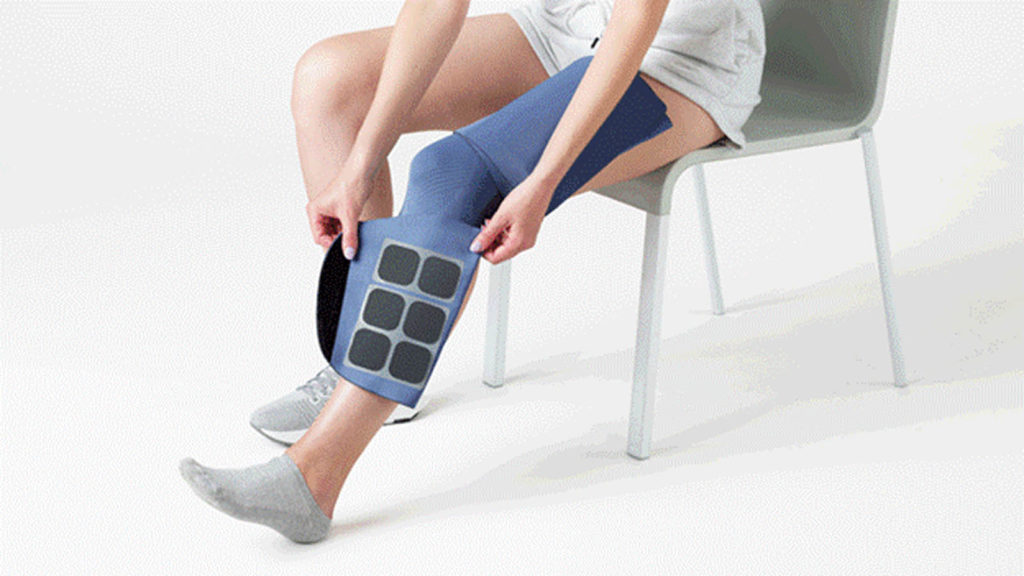
Bionic clothing brand CIONIC has collaborated with Swiss industrial designer Yves Béhar and his firm fuseproject to unveil the Neural Sleeve, designed to improve mobility. The FDA-cleared “bionic” leg wearable uses artificial intelligence (AI) to enable greater independence for those living with mobility differences such as those that may be caused by sclerosis, stroke or cerebral palsy.
CIONIC Founder and CEO Jeremiah Robison initially embarked on the project when his daughter was diagnosed with cerebral palsy. His mission subsequently became providing more independence for the many people worldwide living with impaired mobility.
A statement released by CIONIC says, “Trial participants across multiple locations demonstrated strong improvement on the two key measures associated with foot drop: dorsiflexion at heel strike (94 percent of users), and ankle inversion during swing (88 percent of users). Notably, when combining the two measures, there was an average improvement of nine degrees for participants.” Five degrees is considered to be clinically significant.
In developing the Neural Sleeve, Béhar and CIONIC prioritized user experience, seeking a design for everyday wear that’s easy to put on and remove, and one which suggests a sports product rather than a medical product. With lightweight, breathable fabric available in multiple colors and sizes, the Neural Sleeve feels like an athletic legging, but once paired with the CIONIC app, the user controls how the legging supports his or her mobility.
“It was imperative to us that the product not only has a significant improvement for users physically, but also to remove some of the emotional burdens that come with having a mobility difference,” Béhar says.
“Building bionic clothing that can augment human movement takes a thoughtful and holistic approach. Ultimately, we are creating not just a single solution, but a platform for bionic clothing that can analyze, predict, and augment human movement for all,’ says Robison.
The company also conducted home usability trials to understand the impact of the Neural Sleeve on mobility over time. Not only was mobility reportedly improved for many of the users, but the number of users experiencing moderate to severe pain was reduced by 60 percent, and the number of users experiencing moderate to severe anxiety or depression was reduced by 75 percent, the company says.
Delivery of the product is expected in early 2023.
 TEXTILES.ORG
TEXTILES.ORG


